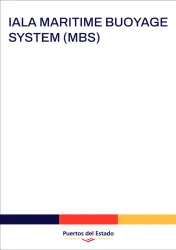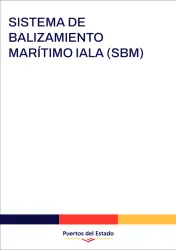Navigation aids
The responsibilities for maritime signaling services in Spain are assigned to Puertos del Estado, whose functions include the planning, regulation, inspection, and control of the operation of maritime signaling services, as well as the provision of services not assigned to the Port Authorities. Puertos del Estado primarily develops regulations and recommendations on Aids to Navigation, promotes training in this area, and undertakes R&D&I projects.
Puertos del Estado acts as the representative of the State Administration in maritime and port signaling matters within certain international organizations and committees. It has been a member of the IALA Council since 1994, in addition to participating in various Technical Committees.


